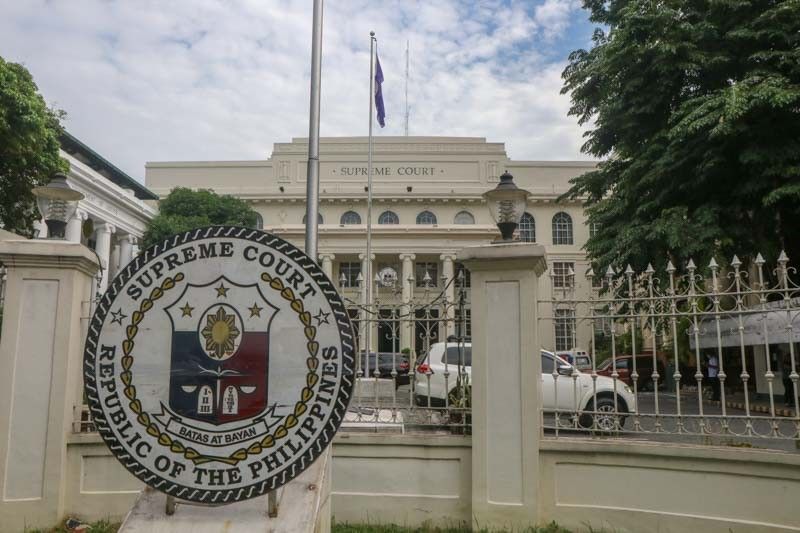Supreme Court upholds amparo as legal remedy vs EJK, threats

MANILA, Philippines — The Supreme Court (SC) yesterday affirmed the issuance of a writ of amparo as a “protective remedy” against extrajudicial killings and threats as the High Court ruled in favor of a widow whose husband was a victim of a drug-related killing supposedly perpetuated by police officers in Antipolo City.
“The writ of amparo is a protective remedy aimed at providing judicial relief consisting of the appropriate remedial measures and directives that may be crafted by the court to address specific violations or threats of violation of constitutional rights to life, liberty or security,” the court said.
The SC’s Second Division denied the petition for review filed by the Antipolo police, questioning the Court of Appeals (CA) resolutions dated Nov. 26, 2018 and April 29, 2019 that upheld the issuance of a writ of amparo issued in favor of Christina Gonzales.
Gonzales’ spouse Joselito was allegedly killed by police at the height of former president Rodrigo Duterte’s drug war.
SC Justice Jhosep Lopez penned the decision.
The CA recommended the filing of civil, criminal and administrative cases against the respondents and issued a permanent protection order, prohibiting them from going near Gonzales.
“In denying the petition, the court explicitly recognized the death of Joselito Gonzales as an extralegal killing,” the SC said.
The high tribunal also acknowledged the threats to Gonzales’ safety.
Before the issuance of the writ of amparo in 2017, Gonzales and her husband were allegedly asked by the police to sell drugs, otherwise they would be entrapped or killed.
In its decision, the SC noted the “major lapses” in the conduct of the drug sting, resulting in the death of Gonzales’ husband that raised doubts on the legitimacy of the operation.
The court also noted how the police officers failed to follow the directives to reopen the investigation into Joselito’s death.
The SC ruled that the police officers failed to provide records of the operation as provided under Section 21 of Republic Act 9165 or the Comprehensive Dangerous Drugs Act.
The appeals court granted Gonzales’ petition for a permanent protection order on Nov. 26, 2018, which prompted the Antipolo police to challenge the decision before the SC.
- Latest
- Trending































